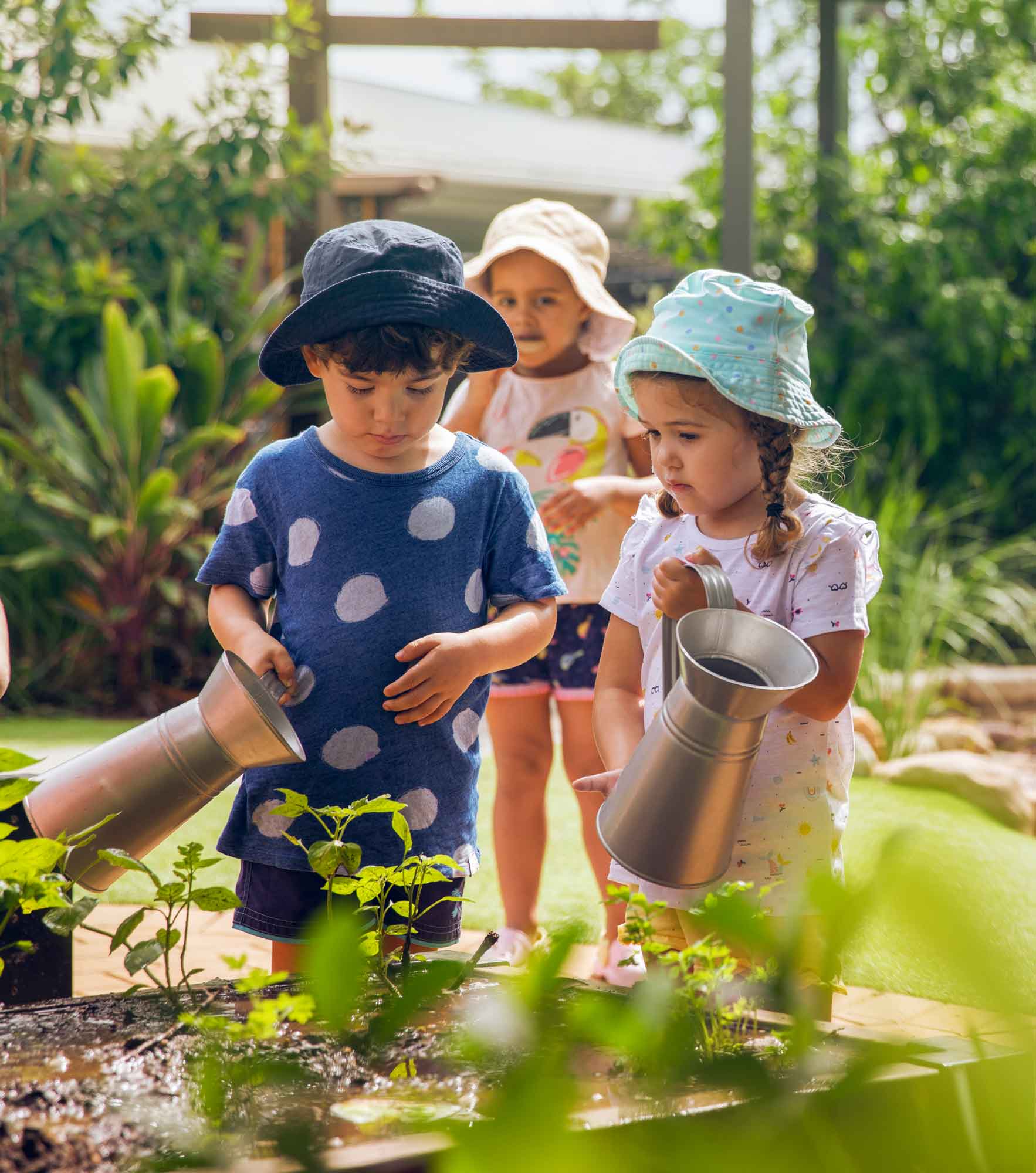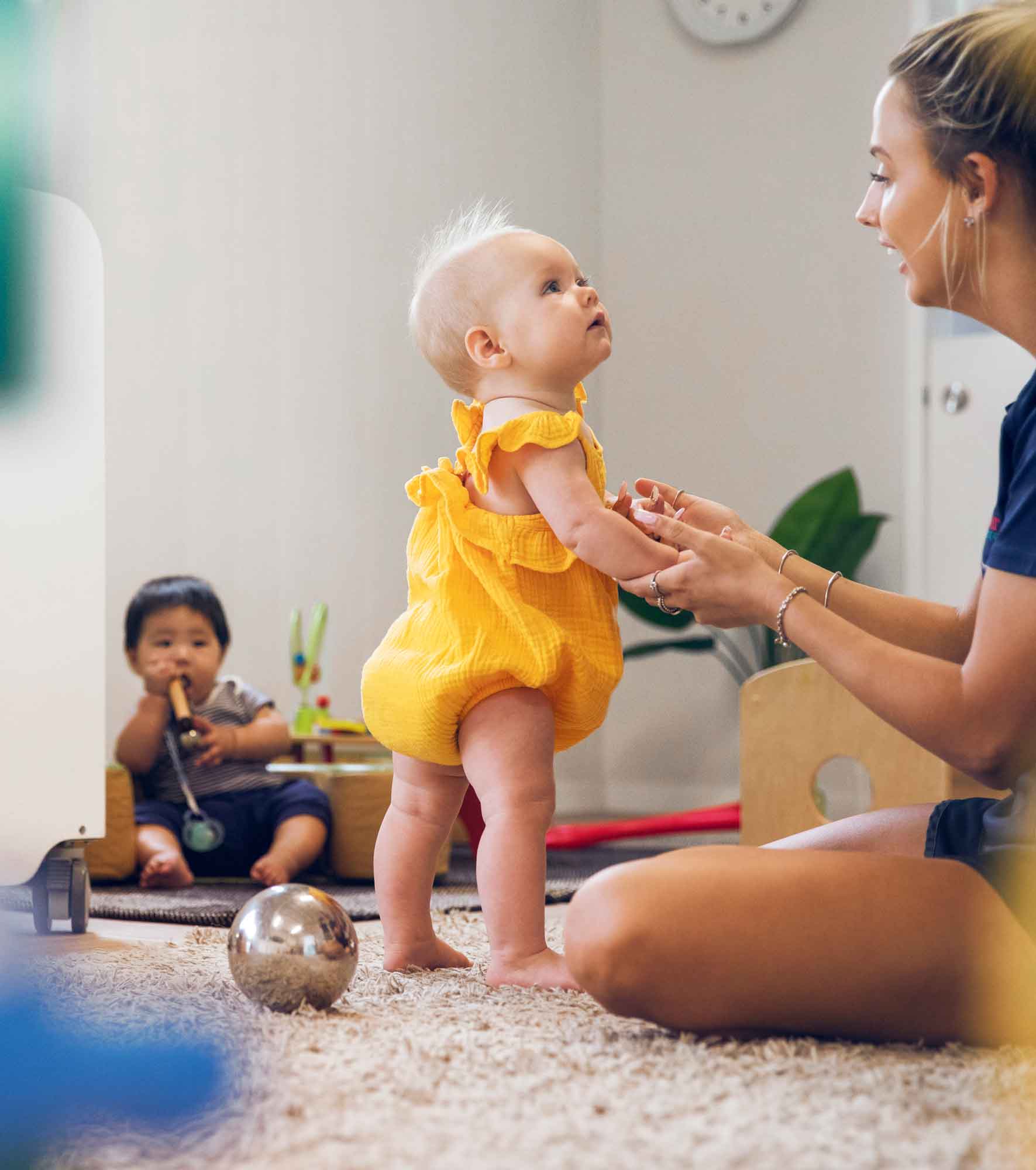The Perfect Easter Egg Hunt: 14 Great Tips

Have you ever thought about how to make an Easter egg hunt even more egg-citing? Or do you always spontaneously hide the eggs somewhere on Easter Sunday morning? We asked the Journey Team and compiled the best tips from all team members for a great search. But, of course, with so much expert knowledge, the big Easter egg hunt can only succeed – at least if the weather plays along.
1. Craft the egg basket.
Who needs a bought easter basket when you have excellent materials at home that you can recycle for this? Fun is guaranteed, and our little artists are proud of their creations, too. Any container will do, from a plastic or metal bucket to a wicker basket from the discount store or an old egg carton. Add some stickers, ribbons, and paint, and voila: The masterpiece is ready for use.
2. For the little egg collectors, the fun can sometimes be eggs-hausting.
Is your child incredibly excited when it comes to searching and finding something? Making an Easter Bunny trail helps to manage the excitement.
3. Peacekeeper – Labelled eggs
Make the Easter Egg Hunt fun and fair by labelling the eggs with each child’s name. This is a pro tip and works, especially if the children have a significant age difference, because no one wants tears during this fun activity.
4. Colour-coordinating the eggs
Another option is to buy egg sets in different colours and assign each child an egg of a particular colour to collect. They are only allowed to collect the eggs that are “their” paint – this way, you can avoid unfair hoarding of all the eggs!
5. A number as a point of reference: 12
For children aged four and over, allocate about a dozen eggs per child; this way, everyone will have a nicely filled basket at the end of the quest. And, of course: Any other number is just as good – it’s just a guide because it’s easy for the well-intentioned to become far too much.
6. How to avoid creepy-crawlies
If you don’t necessarily want to feed little creepy-crawlies in your garden with the sweets that haven’t been found, you can make a little list of where the hiding places are. This will protect you from unpleasant and sticky surprises.
7. Set the rules.
Don’t forget to set boundaries and outline them for the children before the Easter Egg Hunt begins. For example, no eggs are to be found in the front yard or grandpa’s beloved rose garden. This way, everyone is safe, and nothing precious is trampled.
8. Hand out a list.
Not just Santa has a list. Let the children search by giving each child a list of the types of eggs they need to find. For example, four red eggs, two dotted eggs and three striped eggs. Then they can then tick off what they have already discovered.
9. Include little riddles.
Give older children a list of riddles that will lead them to each egg, for example, “Keep calm and look for a palm”, leading them to an egg behind the palm tree. And from there to the following one and so on.
10. Or make it an Easter Scavenger Hunt.
We all know: Older children also love scavenger hunts. Place clues in plastic eggs that will lead the children to different areas and more indications in the garden and eventually to a big prize, such as a basket of eggs and other treats.
11. Include a special egg.
Do you want even more egg-citement? No problem. Hide an egg with a small amount of money as a special prize for a fortunate hunter – the older children will love this extra prize. Also, you can hide a Kinder Surprise egg for younger children as “the very, very special egg”.
12. Divide the garden
Suppose there is a significant age difference between the little hunters. In that case, you can divide your garden into different zones – an area for toddlers where the eggs are easy to find (e.g. at the edge of a flower bed or on a garden chair) and an area for older children where the search is a little more challenging (e.g. in the branches of a bush or behind cushions in an outdoor area)—this way you make sure, that the hunt is fun for all.
13. Visit the local playground or park.
If you live in an apartment unit or have a smaller garden, you can have more fun with the children by heading to your local playground or park for the hunt. Hide the eggs in swings, on rocks or behind trees.
14. Special Tip: Wear bunny ears
Give all children a set of bunny ears to wear, maybe you can even craft them together during subsequent days, so you have a whole group of cute little bunnies looking for eggs – this guarantees lovely photos.

